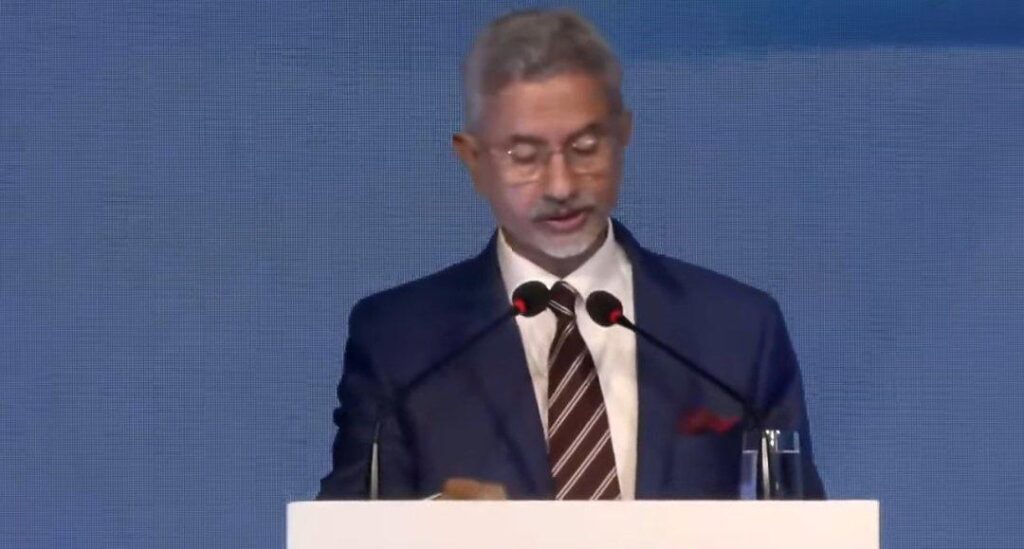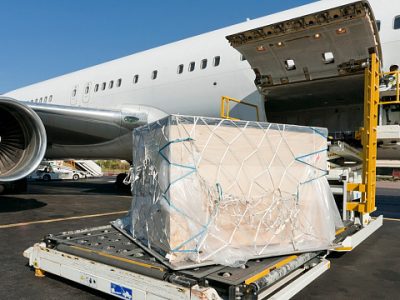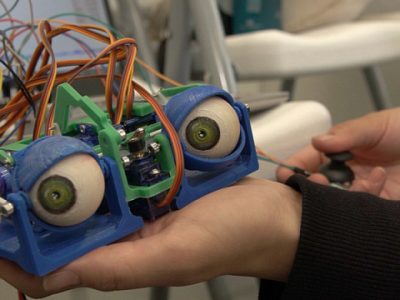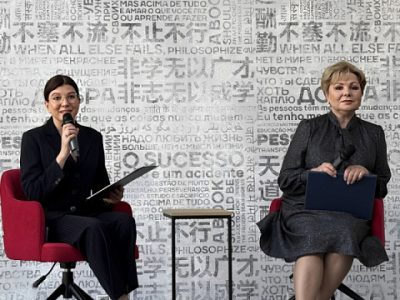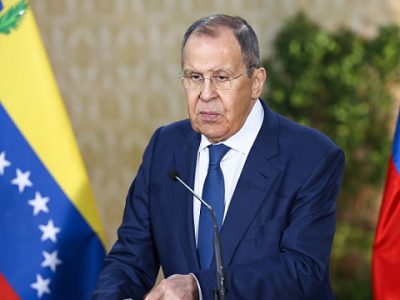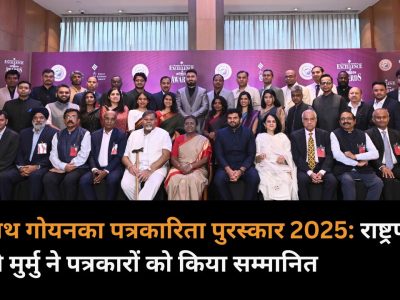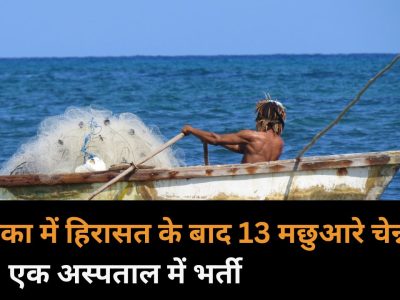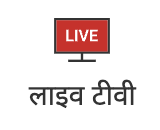India and Russia have entered a pivotal new phase in their economic partnership, following discussions between Prime Minister Narendra Modi and President Vladimir Putin at the Kazan summit. Dr. S. Jaishankar, India’s External Affairs Minister, spoke at the India-Russia Business Forum in Mumbai, outlining strategic goals and pathways for bolstering the India-Russia economic relationship.
During his address, Dr. Jaishankar emphasized key areas of convergence and cooperation, with a primary focus on enhancing trade balance, expanding currency cooperation, and advancing connectivity projects.
Key Takeaways from Dr. Jaishankar’s Address:
Addressing the Trade Imbalance: Dr. Jaishankar stressed the importance of addressing trade disparities by easing non-tariff barriers to improve bilateral economic flow. This balanced approach seeks to create a more equitable trading relationship that benefits both nations. Currency Cooperation for Economic Resilience: He underscored the significance of trade settlement in national currencies, with Special Rupee Vostro accounts offering a viable mechanism for smoother transactions. This step marks a crucial move towards reducing dependency on foreign currency exchanges and strengthening economic resilience.
Enhancing Connectivity: Dr. Jaishankar highlighted three major connectivity projects designed to boost trade efficiency and reduce transit times:
● Northern Maritime Route – Linking the Arctic’s vast trade potential with India.
● Chennai-Vladivostok Maritime Corridor – A new sea route for expanded access to the
Russian Far East.
● International North-South Transport Corridor (INSTC) – A major initiative for more
efficient trade routes between India, Russia, and other partner nations.
Navigating Trade Challenges: Recognizing current trade constraints, Dr. Jaishankar acknowledged challenges in banking and payment systems, logistics, and market access. These “natural concerns,” he noted, are actively being addressed to facilitate smoother transactions, reduce logistical bottlenecks, and ensure fair market accessibility.
A Strategic Partnership for a Multipolar World: With the global shift towards multipolarity, Dr. Jaishankar reiterated that the India-Russia relationship is pivotal. The two nations are dedicated to fostering a partnership that strengthens their position on the world stage.
10 Strategic Goals for India-Russia Trade by 2030:
1. Achieve a $100 billion bilateral trade target.
2. Address and balance trade disparities.
3. Implement an India-Eurasian goods pact.
4. Finalize a bilateral investment treaty.
5. Strengthen cooperation in the Russian Far East.
6. Expand trade in national currencies.
7. Develop custom bilateral trade agreements.
8. Advance connectivity projects for more efficient trade.
9. Promote ‘Make in India’ initiatives to increase Russian investment in India.
10. Broaden collaboration beyond economic dimensions.
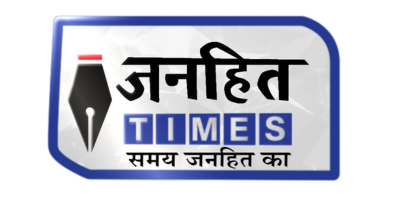



 Subscribe Us
Subscribe Us
